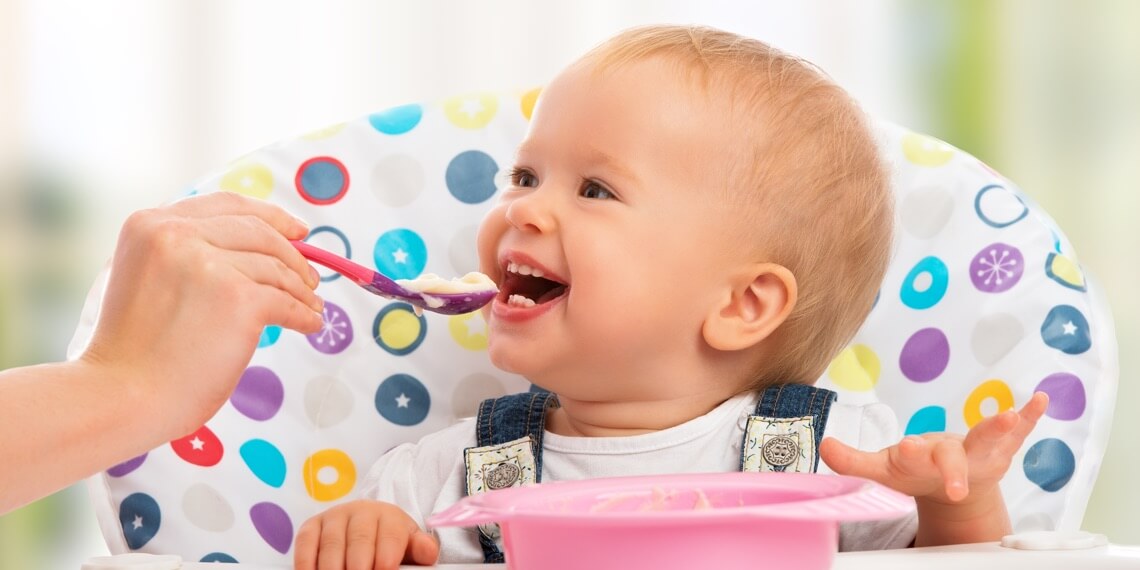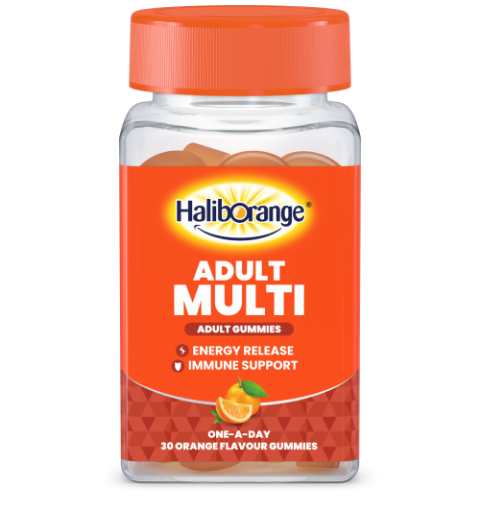
Do Babies need vitamins
A commonly asked question by new mothers is do babies need vitamins? There is so much conflicting advice on this on the internet that it’s hard for parents to know what to believe! One thing for sure is that Parents just want to get it right. So, let’s have a look at the science, and the facts about baby vitamins.
RDA – Recommended daily allowance or Nutrient Reference Value (NRV) is something most people will be familiar with. It is the minimum amount of vitamins and minerals that the average, healthy person needs each day to avoid deficiency symptoms. The problem is that every baby is original and not average. And even more pressing is the fact that babies may be deficient in vitamins and minerals long before they develop symptoms. We cannot expect our babies to only receive the RDA of nutrients and thrive, they need much more in order for them to grow and develop to their full potential.
5 a day
The current UK recommendation of fruit and vegetables for your baby is 5 per day. Although nutrition and health experts agree that a minimum of 7-9 portions per day is needed. The government kept the current recommendation at 5 portions however. Obviously, a baby portion is going to be much smaller than an adult portion (one adult portion = one hand full and one baby/child portion is one of their hands full). It can be hard to ensure that children have all the nutrients they need. As well as encouraging a healthy diet, giving baby vitamins can help to keep your baby well by meeting their nutrition needs.
Cooked food versus raw food
Most baby foods are cooked, making them easier to mash and puree and therefore swallow. A diet that is mostly cooked poses another problem. Many nutrients are destroyed with the heating process, particularly B vitamins and vitamin C. In an ideal world, humans would consume at least 50% of their foods raw in order to receive this nutrition. However, this is very difficult for babies, and therefore we must ensure that they are getting these vitamins from another source – baby vitamins. Vitamins are essential for your baby’s growth, development and health.
- Vitamin A: supports normal vision
- Vitamin C: supports the immune system
- Vitamin D: essential for the normal growth and development of bones in children
- Vitamin B5: supports normal mental performance
So, adding in extra baby vitamins can often be advisable.
What fruit and vegetables can I give my baby?
When weaning begins, try one or two portions of fruit and veg and gradually increase as they begin to take more sold foods. Any vegetables are fine. For finger food, start with softer vegetables such as cucumbers (you may need to remove the peel) or cooked carrots. You can then gradually move onto harder vegetables as your baby get used to chewing their food. Try to offer your baby a variety of fruit and veg to ensure a wide range of nutrients. Offer a “rainbow” of food to help obtain all those nutrients.
Your baby’s need for vitamins
Babies and young children need more nutrition per kg of body weight than adults do. This is because they are growing and developing at a rapid rate. This means, that babies need even more nutrient dense foods that adults do. When we consider the amount of cooked and packaged foods that babies typically consume, then you may want to consider giving your little one’s baby vitamins. As the famous saying goes ‘it is much easier to grow healthy children that to fix broken adults’, and it starts with good nutrition!
How do I know what supplement to give my baby or child?
A top tip is to always make sure that you are giving a supplement that is designed specifically for the age of your baby or child. This is to make sure that your child is getting the right amount of nutrients needed for their age. Also make sure it is a reputable and well-known brand that you know and can trust.
Haliborange Baby & Toddler Orange Liquid from 1 month+ is a good option.
-


Adult Multi Gummies x30
Orange Flavour
